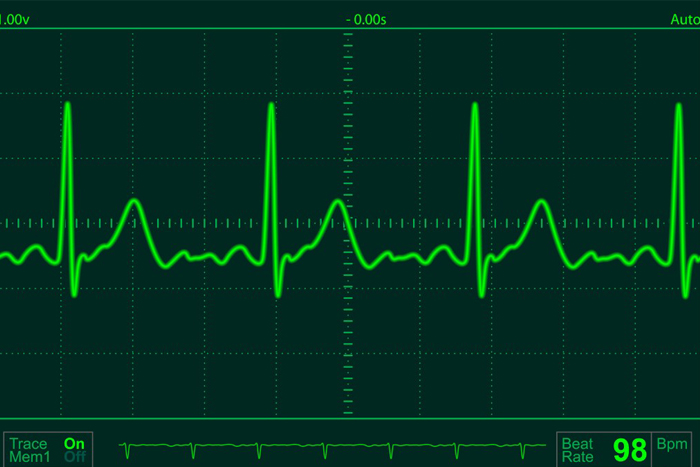ECG Test
Modern technology like the electrocardiogram test (ECG test also known as ECG test) should be a commonplace sight in most hospitals and even doctors clinics. An ecg test is a test that checks for issues with the electrical activity of the heart during expansion and contraction. The ekg test machine is the machine that records the activity taking place and displays in the form of waves. It’s common for doctors to look at the dips and spikes on readings to be used as a way to interpret the health of the heart and the body overall. Your heart should beat at 60 to 100 beats per minute. An ekg test can be used to determine if the heart is beating properly or if the beating of the heart is not within the safe range, then the patient would be suffering from arrhythmia.
As we see more development take place and more lifestyles change, we start to see a trend pointing to increased problems in the hearts. Especially when it comes to air pollution, our lungs are breathing in dangerous chemicals that are eventually harmful not just to the lungs but the heart as well. In areas of high development and in developing areas with a lot of construction work nearby, heart problems can be common so it’s important to know where the closest ecg center is located. When people do an ecg test after complaining about chest pains, the ecg test here also helps doctors determine if the pain is coming from the heart or from another organ in the body. An ecg test can also help doctors determine other heart problems like imbalances in the blood chemicals that control heart activity, cardiac arrest taking place, inflammation of the heart, poor blood supply to the heart, congenital defects involving the electrical systems of the heart and enlargements of the heart.
The ecg test is conducted by placing electrodes on the limbs and the chest of the patient. A gel is applied on the spots where the electrodes have to be connected. Often, hairy patients who take an ekg test have to have the hair from their body shaved off before placing the electrodes as it could interfere with recording heart activity at the ecg center. The procedure is non-invasive and safe for everyone.
There are 3 types of test;
Resting ECG: the patient must not move or speak during this test. It only takes between 5-10 minutes to complete this test .
Ambulatory ECG: A portable machine is attached to the patient but he or she is free to move normally as this kind of testing is used for patients who have sudden symptoms or are recovering from a cardiac disease/cardiac arrest. It is a way of monitoring them for future occurrences.
Cardiac stress test: This is done on patients when they are involved in a physically strenuous activity like cycling on a stationary bicycle or running on a treadmill. Electrical activity is monitored while the activity takes place between 15-30 minutes.

